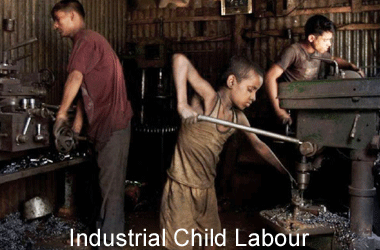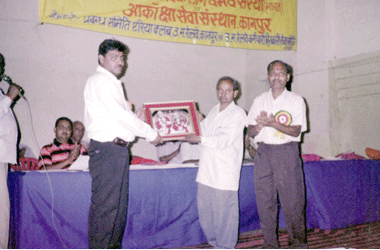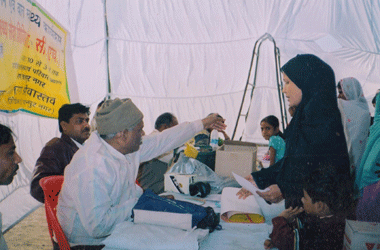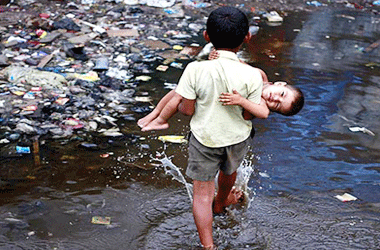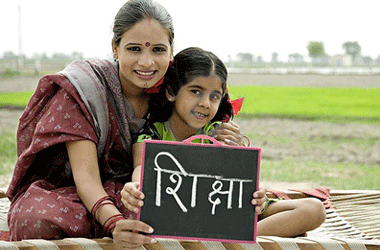Education
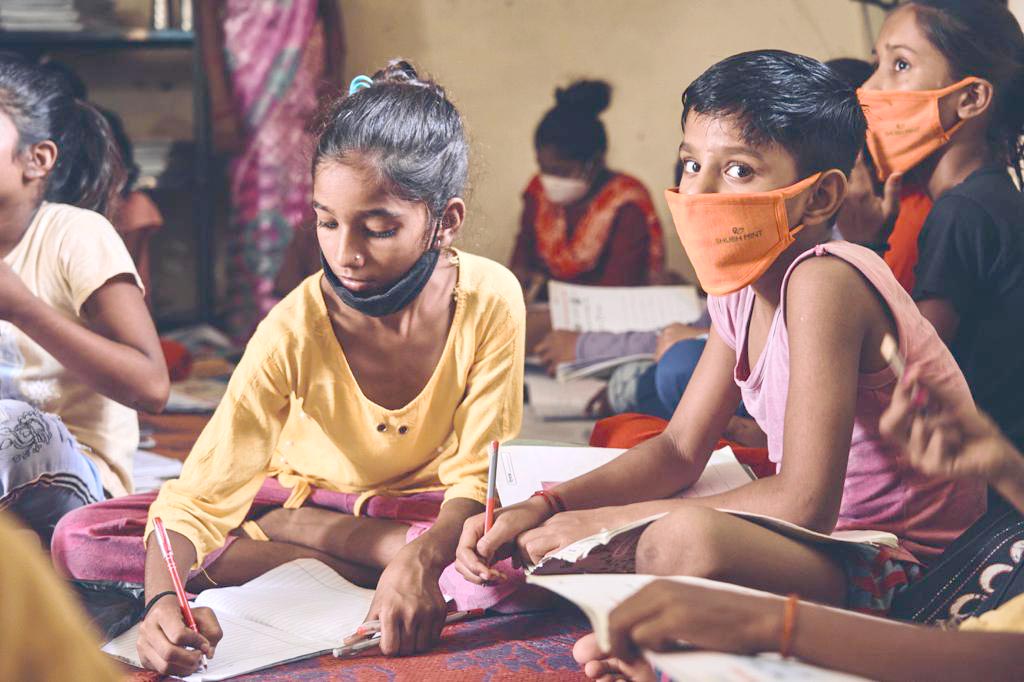
Education is important because it is responsible for the overall development of a person. It helps you acquire skills which are necessary for becoming successful in life.
Education is an important tool which is very useful in everybody�s life. Education is what differentiates us from other living beings on earth. It makes man the smartest creature on earth. It empowers humans and gets them ready to face challenges of life efficiently. With that being said, education still remains a luxury and not a necessity in our country. Educational awareness needs to be spread through the country to make education accessible. But, this remains incomplete without first analyzing the importance of education. Only when the people realize what significance it holds, can they consider it a necessity for a good life. In this essay on Education, we will see the importance of education and how it is a doorway to success.
Education is the most significant tool in eliminating poverty and unemployment. Moreover, it enhances the commercial scenario and benefits the country overall. So, the higher the level of education in a country, the better the chances of development are.
In addition, this education also benefits an individual in various ways. It helps a person take a better and informed decision with the use of their knowledge. This increases the success rate of a person in life.
Subsequently, education is also responsible for providing with an enhanced lifestyle. It gives you career opportunities that can increase your quality of life.
Similarly, education also helps in making a person independent. When one is educated enough, they won�t have to depend on anyone else for their livelihood. They will be self-sufficient to earn for themselves and lead a good life.
Above all, education also enhances the self-confidence of a person and makes them certain of things in life. When we talk from the countries viewpoint, even then education plays a significant role. Educated people vote for the better candidate of the country. This ensures the development and growth of a nation.
Student Career Skills Development Program
The Student Career Skills Development Program partners with not-for-profit organizations to create career-related summer jobs for students. The jobs will be distributed across the province based on population and unemployment for each state of India.
The Student Career Skills Development Program is an important part of making sure our businesses are innovative and competitive, and our students have the right skills for good jobs. We want to make sure we support jobs that develop transferrable skills that can be used in todays fast paced and competitive job market.
To meet this objective, this year we are requesting complete details of positions that apply for funding. Access to this program is limited, so employers will continue to compete for the number of positions available.
21st Century Education
-

What is 21st century education.
Twenty-first century learning refers to developing learning, literacy and life skills as part of the classroom experience. Learning skills encompass critical thinking, creativity, collaboration and communication, which have been identified as essential for successfully adapting to modern work environments.
Why is 21st century education important?
A 21st century education is about giving students the skills they need to succeed in this new world, and helping them grow the confidence to practice those skills. With so much information readily available to them, 21st century skills focus more on making sense of that information, sharing and using it in smart ways.
What is the focus of 21st century education?
The 21st-century skills classroom focuses on asking questions to encourage critical thinking, inquiry, and reasoning. In all courses, students evaluate, synthesize, and translate ideas to solve problems and complete projects. Teachers also encourage students to hone their reasoning and inquiry skills.
What are the characteristics of 21st century education?
Characteristics of 21st century education
- Reading literacy.
- Information literacy.
- Technological literacy.
- Skills for personal knowledge building.
- Oral literacy and numeracy.
Why is it called the 21st century today?
We live in the 21st Century, that is, the 2000s. Similarly when we say "20th Century," we are referring to the 1900s. All this because, according to the calendar we use, the 1st Century included the years 1-100 (there was no year zero), and the 2nd Century, the years 101-200.
What are the three types of 21st century?
The Three 21st Century Skill Categories
- Learning skills.
- Literacy skills.
- Life skills.
When did 21st century start?
1 January 2001
Therefore, the 21st century will begin with 1 January 2001 and continue through 31 December 2100. Similarly, the 1st millennium comprised the years AD 1-1000. The 2nd millennium comprises the years AD 1001-2000.
What are the changes in 21st century?
Globalization, the transformation of work processes, and the development of technologies influence the functioning of the world. Ways of communication, education, and working are becoming increasingly flexible, allowing people not to be tied to one place.
What are some 21st century values?
Core Values and 21st Century Learning Expectations
- Respect.
- Responsibility.
- Intellectual curiosity.
- Creativity.
- What skills are needed to survive in the 21st century?
- To thrive in today's innovation-driven economy, workers need a different mix of skills than in the past. In addition to foundational skills like literacy and numeracy, they need competencies like collaboration, creativity and problem-solving, and character qualities like persistence, curiosity and initiative.
- What are the challenges of the 21st century education?
- Technological, demographic, social, environmental, economic and political shifts are forcing us to redefine what our educational structure should be. The discussion has also widened from the inner circles of curriculum experts and researchers to the broader public.
How can we develop 21st century skills in students?
Communication Creativity Critical Thinking Collaboration
- Let Your Students Lead The Learning. Learning takes place best in environments where students feel empowered to learn. ...
- Create an Inquiry-Based Classroom Environment. ...
- Encourage Collaboration. ...
- Develop Critical Thinking Skills. ...
- Encourage Creativity.
Which 21st century skills is most important for students?
Here is a non-exhaustive list of the most commonly cited 21st century skills.
- Critical thinking.
- Communication skills.
- Creativity.
- Problem solving.
- Perseverance.
- Collaboration.
- Information literac
y.
- Technology skills and digital literacy.
- Media literacy
- Global awareness
- Self-direction
- Social skills
- Literacy skills
- Civic literacy
- Social responsibility
- Innovation skills
- Thinking skills
The Importance of 21st Century Skills
While the bar used to be high school graduation, the bar for today's students is now college, career, and real-world success. Let�s take a look at why 21st century skills matter.
- Higher-education and business leaders cite soft skills as being the most important driver of success in higher-level courses and in the workplace.
- In today�s world, our schools are preparing students for jobs that might not yet exist. Career readiness means equipping students with a nuanced set of skills that can prepare them for the unknown.
- Social media has changed human interaction and created new challenges in navigating social situations.
- The age of the Internet has dramatically increased access to knowledge. Students need to learn how to process and analyze large amounts of information.
- Content knowledge from core subjects can only go so far; students need to be taught how to apply facts and ideas towards complex problems.
We've reviewed the definition of 21st century skills and why they're important in a changing world. Now, let's review a few frameworks and how school districts are putting 21st century learning into practice.
Frameworks for 21st Century Skills
The Framework for 21st Century Learning
This popular framework was designed by the Partnership for 21st Century Skills (P21). Describing the skills, knowledge, and expertise students must master to succeed in work and life, the framework combines content knowledge, specific skills, expertise, and literacies. P21 believes that the "base" of 21st century learning is the acquisition of key academic subject knowledge, and that schools must build on that base with additional skills including Learning Skills, Life Skills, and Literacy Skills.
- Learning Skills: Also known as the "four Cs" of 21st century learning, these include critical thinking, communication, collaboration, and creativity.
- Life Skills: Flexibility, initiative, social skills, productivity, leadership
- Literacy Skills: Information literacy, media literacy, technology literacy


